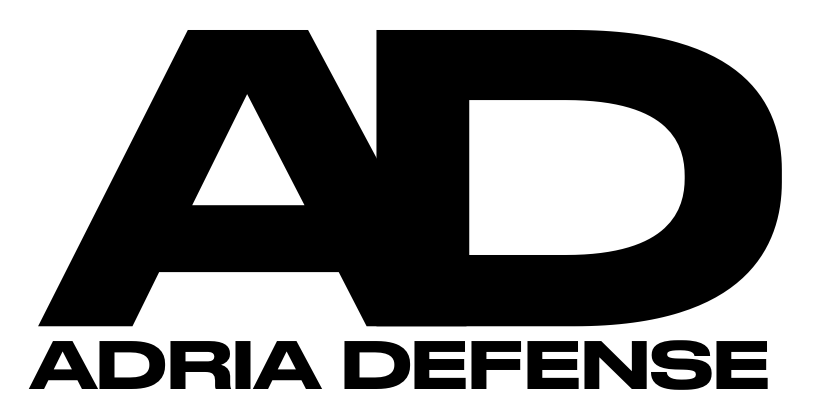How France Became Europe’s Command Center for Defence Innovation
At a time when strategic competition is rising across Europe, France has quietly re-engineered its defense innovation ecosystem.

When you walk into a Parisian co-working space for defence tech startups, you sense something is shifting. France has quietly transformed itself from a conventional defence-industry hotspot into what could well be Europe’s most dynamic cradle for dual-use and military-tech startups. What once felt risk-averse and state-dominated is beginning to look more agile, more startup-friendly — and other European nations should be paying attention.
As Europe grapples with a world of renewed military tension, from Russia’s war in Ukraine to China’s growing advanced-capability push, the strategic premium on innovation is rising. France hasn’t just been reacting; it has repositioned. It has made entrepreneurship in defence less awkward, less “off limits,” and more plausible. And in doing so, it offers a real case study for how ingenuity can be harnessed for national—and continental—resilience.
Removing the Gatekeepers
The traditional defence-industry model in Europe has been hierarchical, closed, and slow. Startups trying to capture defence or dual-use opportunities have often found themselves stuck in office-block procurement queues, unsure where to knock, uncertain whether their ideas will even be screened. France confronted that by carving out architecture for access. Over the past few years, dedicated accelerator programmes — not just incubators — have emerged to open doors for smaller firms. France’s GENERATE initiative, for example, helps startups understand the world of defense and security and gives them a path into institutional networks.
At the same time, the pool of talent has been loosened. Immigration and visa rules — for founders, employees and investors — have been reworked. The underlying message: we want you here. In sectors such as defence tech, where hiring specialised engineers or executives from abroad might make the difference, that shift matters.
Money for Mission-Driven Innovation
Access means nothing if capital is not willing to follow. France has signalled loudly that defence-tech is legit investment territory. In early 2025 the government announced it would mobilize up to €5 billion in additional public-plus-private funding to back a wider base of defense actors — including the small and medium size firms that often struggle to raise large rounds.
Startups are stepping up: one Paris-based drone-AI company raised a million-euro seed to build real-time object-detection tech for military drones. Vestbee In short: monetising defence innovation is no longer a fringe ambition in France — it’s becoming a business reality.
Dual-Use, Not Pure “Defence”
One of France’s smarter moves is avoiding the trap of seeing “defence” as only tanks and fighter jets. The ecosystem has embraced dual-use technology — systems that serve both civilian and military markets: drones, satellite sensors, computer vision, cybersecurity. By doing so, startups have broader commercial runs, more flexibility and less of the stigma or regulatory burden that sometimes attaches to pure military firms. Reports indicate this mindset shift matters in attracting founders who otherwise would avoid “weapons tech” for reputational or regulatory reasons.
Collaboration Over Isolation
France recognises that in today’s multi-domain battlespace, sovereignty doesn’t mean going it alone. Rather than walling itself off, France is building bridges — across Europe and with industry players — so that startups scale faster, access wider markets, and don’t stay trapped inside national silos.For the rest of Europe, this matters: fragmented procurement and industrial bases are precisely what slow innovation and reduce competitiveness.
Lessons for the Rest
What should other European countries take away? First: talent access – if a startup can’t hire quickly because of immigration rules or red-tape, it will relocate. Second: pipeline access to defence customers – startups need a clear entrance lane. Third: non-taboo investment mindset – investors must feel that defence/dual-use is legitimate, not verboten. Fourth: dual-use logic – broaden the market and relevance. Fifth: collaborative architecture – link national ecosystems instead of isolating them.
But the French Model Isn’t a Panacea
It would be naïve to treat France as having solved everything. France still has structural constraints: its defence-industry legacy (large primes, heavy institutional culture) is difficult to shake fully. Budget pressures remain acute — the government’s capacity to sustain surge funding is not infinite. Startups still face the challenge of moving from prototype to deployment, especially in regulated military settings. And smaller European states with limited domestic markets may struggle to replicate the scale of the French ecosystem.
The Strategic Imperative
In the final analysis, the revival of France’s defence-start-up ecosystem is not just a nice-to-have: it is strategic. Europe’s security architecture depends increasingly on innovation, agility and resilience. If startups can deliver breakthrough sensors, autonomous systems, resilient networks and next-gen materials, then nations that cultivate them will gain a competitive edge. France is demonstrating one way to do that.
For European countries watching, the question is: will they adapt, reform, partner — or will they remain consumers of innovation from abroad? The French example suggests one answer. The next few years will reveal whether the rest of Europe chooses to follow.





